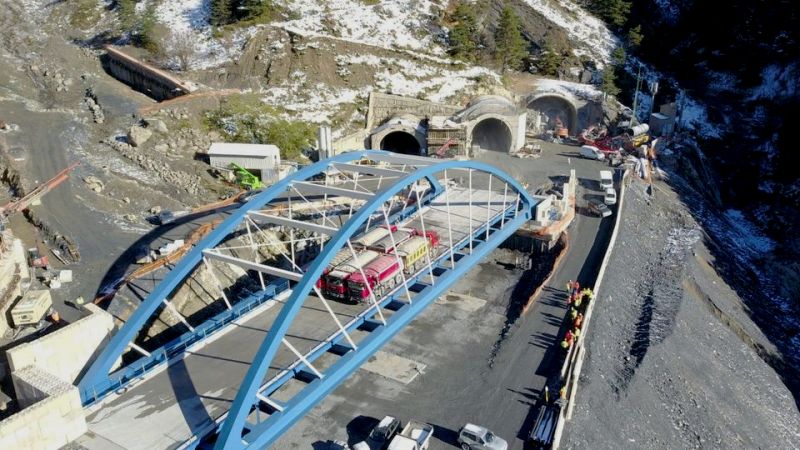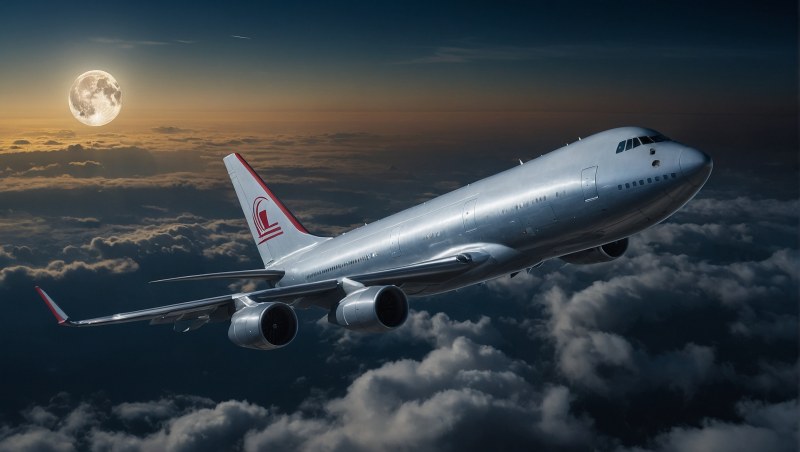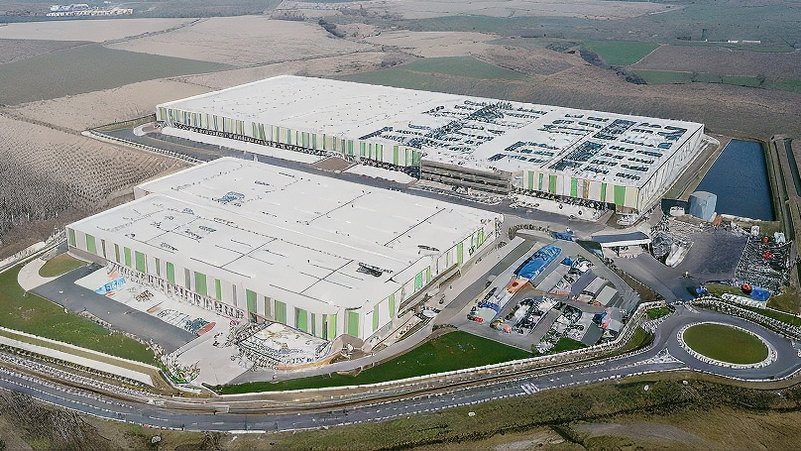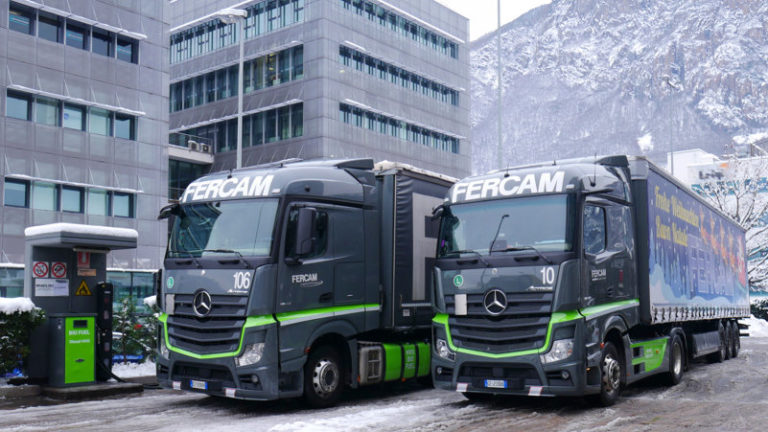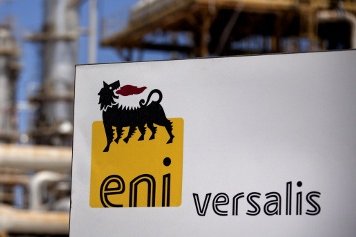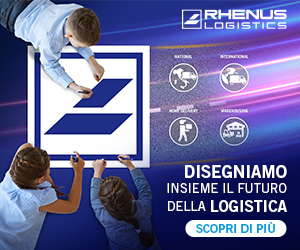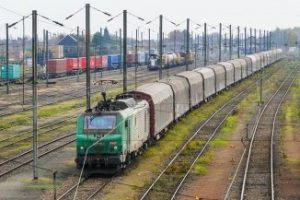Fercam's 2023 revenues surpassed the one billion euro mark, despite a 6% decline from the previous year, according to financial data released on May 7, 2024. The company noted that its overall income stood at 1.06 billion euros. Its Distribution division, sold in August 2023 to a joint venture with Dachser named Dachser & Fercam, saw a revenue increase of 4.6%. Hannes Baumgartner, CEO of Fercam, highlighted the importance of this partnership, which he said enhances the European network of the German operator, previously lacking a footprint in the Italian market. "This comprehensive European network should lead to significant industry growth, allowing us to focus on strengthening our core business," Baumgartner explained.
The Full Truck Load division, which specializes in complete load transportation, reported a 4% increase in transport numbers, yet revenue did not rise due to a drop in freight rates. This sector generates more than half of the company's total revenue. Fercam attributed the challenging market conditions to geopolitical conflicts, a weak global economic environment, significant overcapacity, and a decrease in air and sea freight rates.
In logistics, Fercam has initiated and partially completed several projects that had been postponed due to the Covid pandemic. The company also outlined its investment strategy, noting a steady financial situation that has allowed it to launch an extensive program to expand its network and vehicle fleet, with a focus on sustainability through the use of alternative fuels like HVO to reduce CO2 emissions.
In 2023, Fercam expanded eastward by opening a new branch in Kaunas, Lithuania. Hansjörg Faller, Head of Freight Management and responsible for the new foreign company, emphasized the strategic importance of this location for combined road-rail transport between Italy and the Baltic States. "It is beneficial to have a presence at both the departure and arrival points of the train for vehicle delivery and collection. Additionally, this area offers access to a pool of highly skilled and experienced drivers, and we have always prioritized having a local presence to serve our key customers," said Faller.
The company further stated that its Lithuanian operations would not only handle intermodal transportation between Italy and the Baltic States but also traditional road transports from Europe to the Baltic States and Finland, carried out by a fleet of thirty vehicles supplemented by local operators. The trucking for vehicle delivery and collection involved in intermodal transport will be managed by the staff of the new Lithuanian subsidiary.



